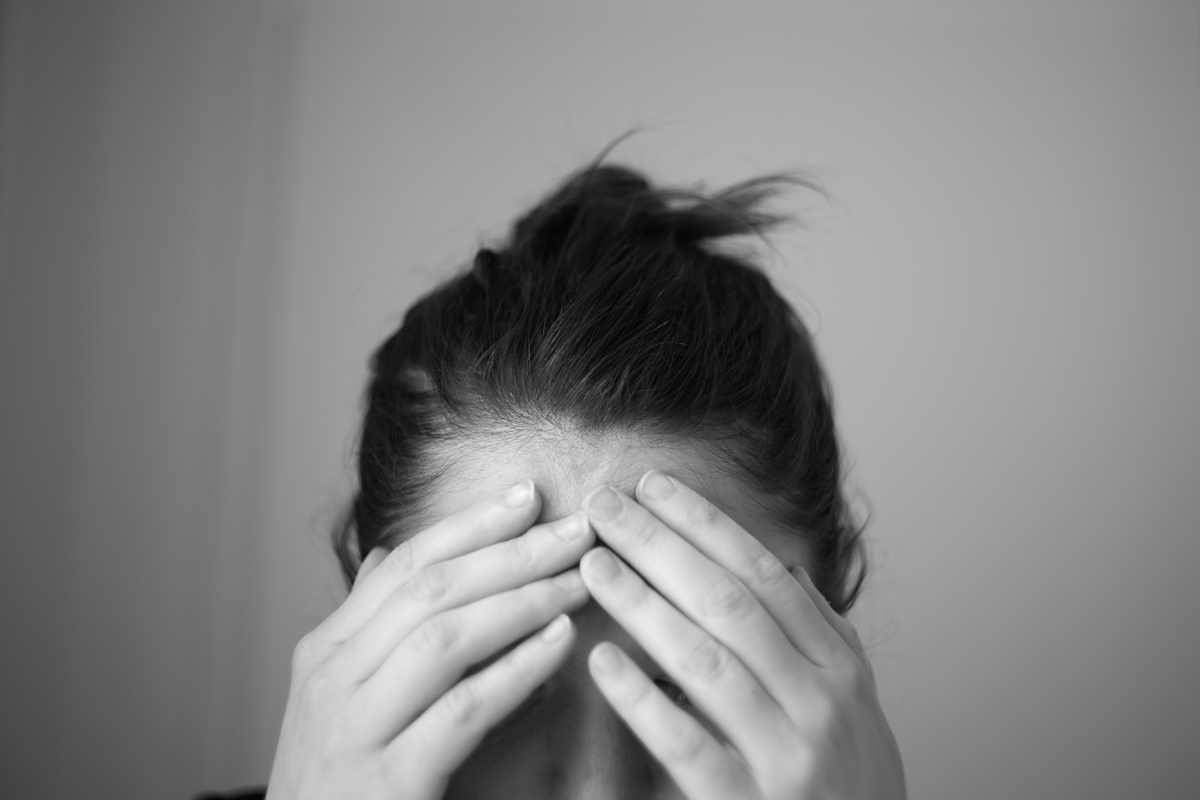
Dizziness and Lightheadedness
Dizziness is a term that describes two different feelings. One is that you or your surrounding is moving, spinning, tilting, whirling or falling, when there is no actual movement (vertigo). Second is a feeling that you are about to faint (lightheadedness).
Causes of Lightheadedness
Lightheadedness may occur because of several causes:
Low blood pressure. Low blood pressure, or hypotension, happens when heart pumps decreased amount of blood or when brain’s blood supply is reduced. This leads to dizziness. This may occur when you suddenly get up from sitting or lying position. Hyperventilation or over breathing. This usually occurs during panic attacks when changed levels of received oxygen affect your body leading to feelings of spinning and swaying. Irregular heart rate. Slow heart rate or bradycardia as well as abnormal heart rhythm (arrhythmia) may cause lightheadedness. Rapid heartbeat can result from any physical effort such as running and exercising. Alcohol. Since alcohol is a toxin, it is eliminated from the body via urine at much greater rate then usual thus leading to dehydration. Dehydration is responsible for less oxygen carried to the head and therefore it may cause lightheadedness. Medications. People who are taking antidepressants, tranquilizers, beta-blocker medication or analgesics are prone to dizziness and lightheadedness. Low blood sugar. Low blood sugar, or hypoglycemia, is a proven cause of lightheadedness. Anemia. People suffering from anemia may experience dizziness and lightheadedness from time to time. Infections. Viral or bacterial infections to the ear can result in vertigo. Inflamed inner ear triggers the feeling of spinning. Fever that is associated with such viruses and infections may also cause vertigo.Generally, constant lightheadedness and dizziness can indicate some serious medical condition that requires medical checkup and treatment. In order to improve blood supply to you brain, you should lie down on you back. This is the first thing you can do to help yourself if feeling lightheaded.
Symptom Relief
In order to relieve lightheadedness you should drink lots of fluids since dehydration leads to lower blood pressure and lightheadedness. Also, eat regularly to prevent decrease of your blood sugar level and for the same reason eat something sweet.
As it was mentioned earlier, if you feel lightheaded, lie down or bow your head. Blood supply to your brain will increase and you will less likely faint.
If you are going through emotional shock or have anxiety attack, you may start to breathe shallow. Decreased levels of oxygen and increased levels of carbon dioxide cause lightheadedness. To prevent this, hold your breath for several seconds or put a paper bag over your nose and mouth to take slow and deep breaths.


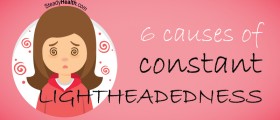
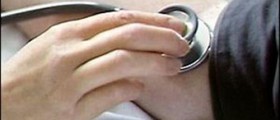


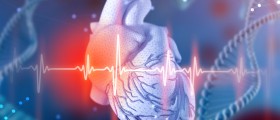

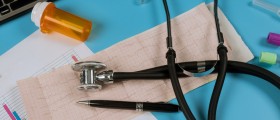
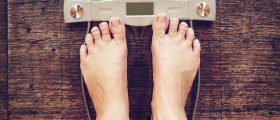


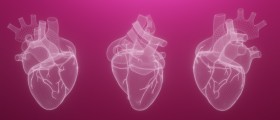
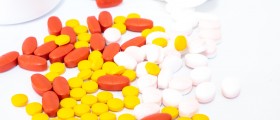

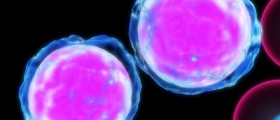

Your thoughts on this
Loading...